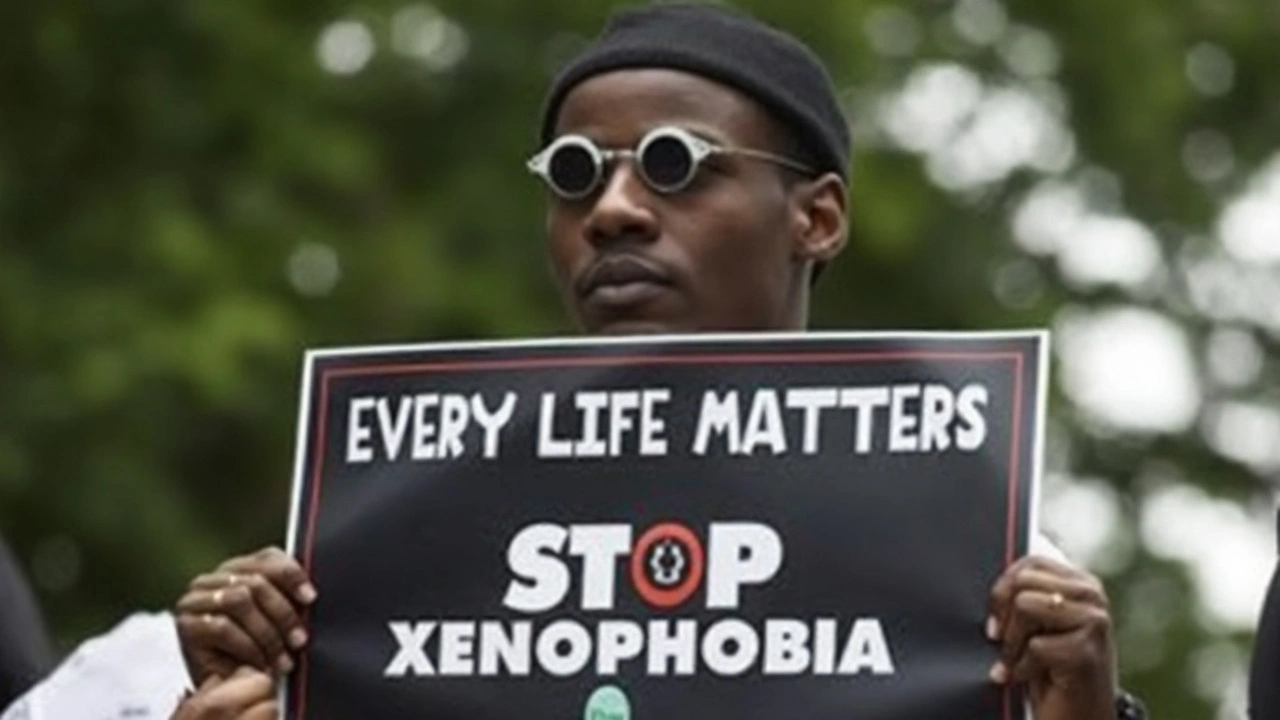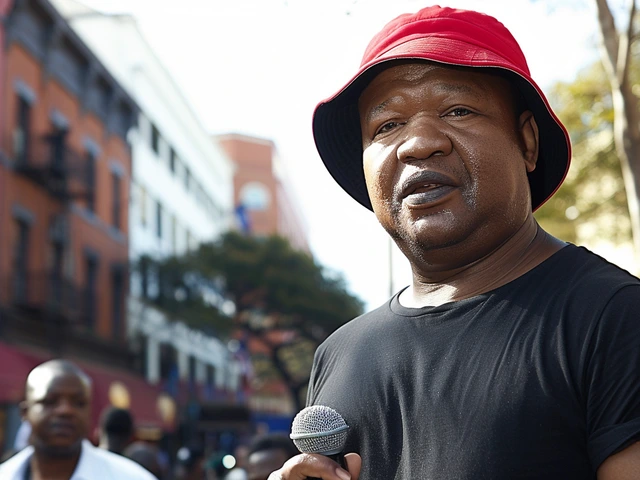Xenophobia in Africa: news, causes and what you can do
Xenophobia—fear or hostility toward people from other countries—keeps showing up across African headlines. This tag brings together on-the-ground reports, survivor accounts, policy analysis, and practical advice. If you want quick updates and clear context about incidents, trends, and solutions, you’re in the right place.
Here you’ll find recent news pieces, investigations, and explainers that link local events to bigger issues like unemployment, politics, and migration. We cover how protests turn violent, how governments respond, and how communities try to protect vulnerable people. Expect straightforward reporting and useful background so you can understand what’s happening and why.
Why xenophobia rises
Economic pressure is a common trigger. When jobs are scarce or public services strain, some leaders and groups single out foreigners as easy targets. Political campaigns and social media can speed up fear and misinformation, turning small disputes into mass attacks. Historical tensions—old grievances and contested borders—also feed outbreaks of hostility.
State responses matter. Weak policing, slow justice, or politicised investigations make violence more likely to repeat. In contrast, clear accountability, fast emergency support for victims, and honest public messaging help calm tensions. We report on both failures and successes so you can see what works where.
What to do if you or your community are affected
If you face xenophobic threats, document everything: photos, videos, names of witnesses, and official reports. Reach out to local NGOs, community leaders, or legal aid groups—many organisations provide emergency shelter and legal help. Contact your embassy or consulate if you’re a foreign national; they often assist with evacuation or temporary shelter.
Stay informed but careful on social media. Don’t re-share unverified videos that could inflame the situation. Instead, follow trusted local outlets and verified aid groups for real-time guidance. If you’re organising help, coordinate with recognised charities and community groups to avoid creating more risks.
Longer-term fixes include job programs that include migrants and locals, community mediation, school programs that teach tolerance, and fast legal action against perpetrators. We track examples where these measures reduced violence so policymakers and activists can copy what works.
Follow this tag for breaking stories, survivor interviews, and practical guides. You’ll get reporting that focuses on facts, human impact, and realistic steps communities and leaders can take. Want alerts? Sign up to our newsletter or save this tag to watch new posts as they land.
Rising anger against foreigners in South Africa is being viewed by legal and human rights experts as a sign of government failures. Critics argue that leaders are scapegoating migrants instead of addressing persistent problems like unemployment, inequality, and failing public services.
Recent-posts
Oct, 15 2024






